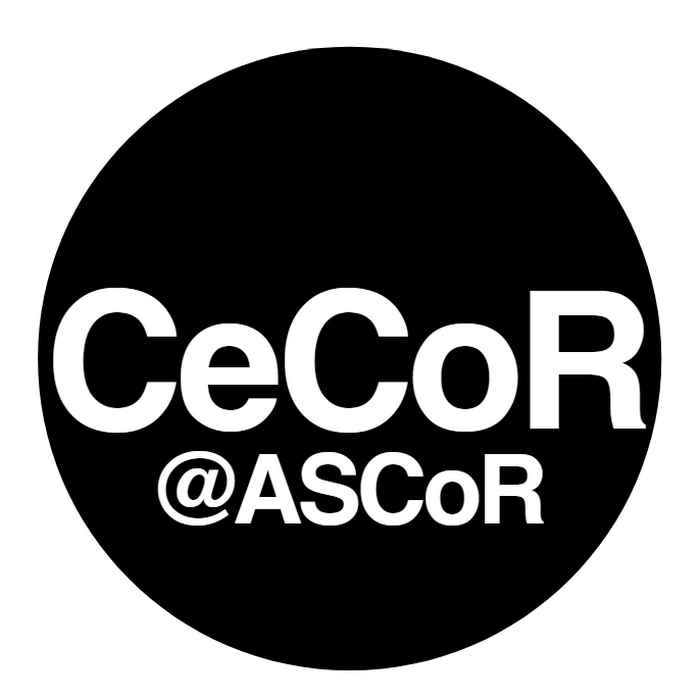Humanising AI: Communicative constructions and public perceptions of automated communication
CeCor Talk
- Date
- 19 February 2026
- Time
- 12:30 -13:30
- Location
- C9.08 or via Zoom

Encompassing a wide range of AI applications (e.g., chatbots, voice assistants), the term automated communication refers to the process in which an artificial intelligence agent interacts with human or non-human actors by generating textual, audio, or visual content, by distributing it, or both. As these AI phenomena increasingly emerge within the communication field and society at large, there is a growing need to describe them in terms that are clear and accessible. Consequently, they are often depicted in human-like terms, attributing human features and behaviours to them, and emphasising – sometimes exaggerating – their apparent autonomy.
Examining the language used to describe these phenomena allows to assess the extent of their humanisation, consider the implications of such portrayals, and reflect on the broader consequences of this humanisation trend for both the communication field and society.
About the speaker:
Teresa Weller is a PhD candidate at the Chair of Strategic Communication, Friedrich Schiller University Jena, Germany, where she also works as a research and teaching associate. Her research focuses on automated communication, with her dissertation exploring how AI and its applications are conceptualised, discussed, and understood in terms of their implications for communication research, practice, and society.